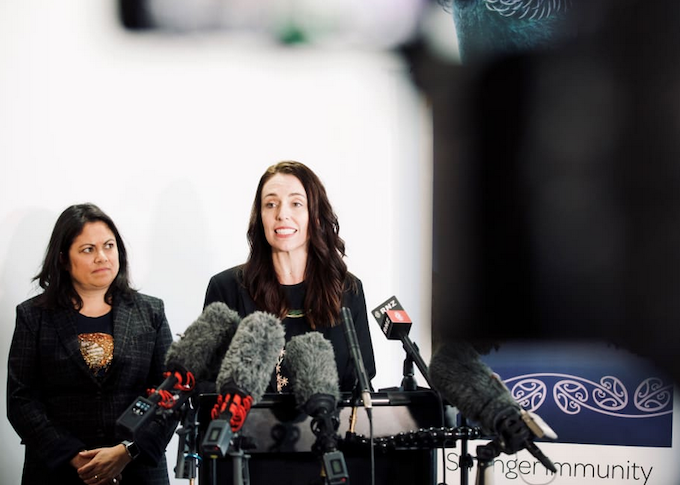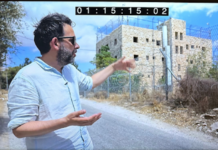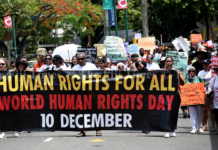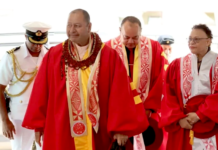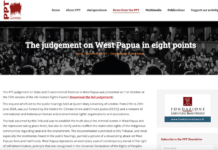The New Zealand government has announced a Royal Commission into its covid-19 response.
It will start considering evidence from February 1 next year, concluding in mid-2024.
The Royal Commission will look into the overall covid-19 response, including the economic response, and find what could be learned from it.
Some things — like particular decisions taken by the Reserve Bank’s independent monetary policy committee, and the specific epidemiology of the virus and its variants — will be excluded.
Announcing the moves, Prime Minister Jacinda Ardern said a Royal Commission was the highest form of public inquiry in New Zealand and was the right thing to do given covid-19 was the most significant threat to New Zealanders’ health and the economy since the Second World War.
“It had been over 100 years since we experienced a pandemic of this scale, so it’s critical we compile what worked and what we can learn from it should it ever happen again,” she said.
The Royal Commission of Inquiry announcement. Video: RNZ News
Ardern said Professor Blakely had the knowledge and experience necessary to lead the work, and Parata and Whitehead would add expertise and perspectives on the economic response and the effects on Māori.
The terms of reference had been approved and the scope will be wide-ranging, covering specific aspects including the health response, the border, community care, isolation, quarantine, and the economic response including monetary policy.
Ardern said monetary policy broadly was included in the review, but “what is excluded is the Reserve Bank’s independent Monetary Policy Committee (MPC) and those individual decisions that would have been made by that committee”.
However, it “will not consider individual decisions such as how a policy is applied to an individual case or circumstance”.
“We do need to make sure we learn broadly from the tools that we used for our response so that we make sure we have the most useful lessons possible going forward. Individual decisions don’t necessarily teach us that.
“What we want to be careful about is that … we draw a distinction between individual decisions on any given day made by, indeed, officials within MBIE or the independent monetary policy committee given the role that they have and the independence of that committee, but broadly speaking monetary policy is included.”
This was because the review needed to be mindful of the independence of the MPC, Ardern said.
Impacts on Māori
Terms of reference also included specific consideration of the impacts on Māori in the context of a pandemic consistent with Te Tiriti o Waitangi relationships, she said.
Things like lockdowns and the length of them in general will be in scope, but for instance whether a specific lockdown should have ended one day or three days earlier would not be, Ardern said.
Covid-19 Response Minister Dr Ayesha Verrall said the vaccine mandates were in scope, along with communication with communities, and this would be able to include looking at matters of social licence.
The inquiry will cover the period from February 2020, to October 2022.
Ardern was confident the inquiry would be able to be resourced appropriately.
So far 75 reviews of New Zealand’s response had been carried out within Aotearoa since 2020, and internationally New Zealand had been named as having the fewest cases and deaths in the OECD for two years in a row, Ardern said.
“However, we said from the outset there would be an appropriate time to review our response, to learn from it, and with the emergency over and our primary focus on our strong economic recovery — that time is now.
‘Our next pandemic’
“Our next pandemic will not be for instance necessarily just a new iteration of covid-19 … one of the shortcomings we had coming into covid-19 was that our pandemic plan was based on influenza and because it was so specific to that illness there wasn’t enough in that framework that could help us with the very particular issues of this respiratory disease.”
It would be an exercise in ensuring Aotearoa had the strongest possible playbook for a future pandemic, Ardern said.
She expected the inquiry will cost about $15 million — similar to others, with the 2019 mosque attacks inquiry costing about $14 million.
This article is republished under a community partnership agreement with RNZ.
